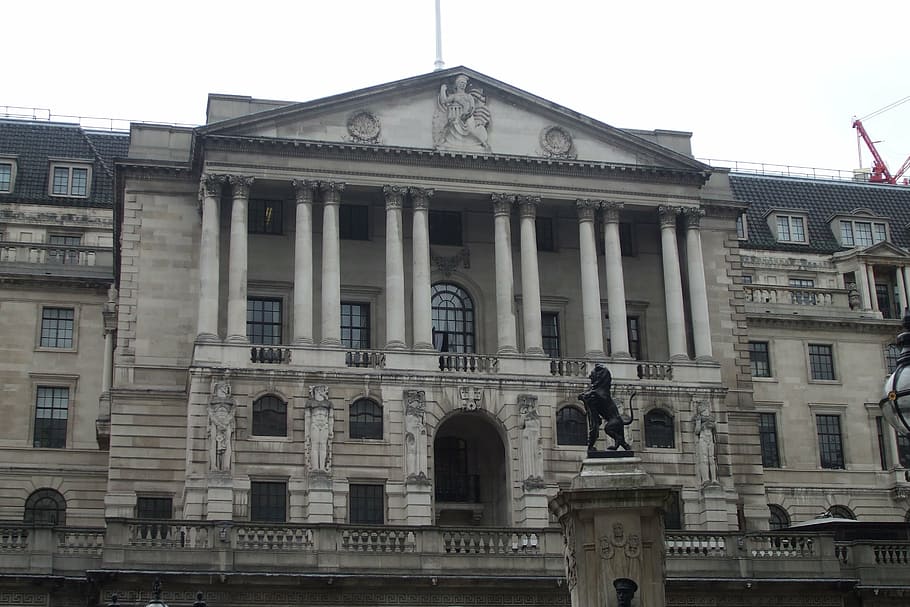Inflation in the UK has been running significantly higher than the Bank of England’s target of 2% for several months now. Prices for consumer goods and services have risen by 9% in the last 12 months, resulting in the highest rate of inflation in over four decades. How long is inflation likely to surge and when can we expect inflation to peak across the UK economy?
The Bank of England believes it is likely to reach its peak at 10% by the end of 2022. It anticipates that inflation will fall gradually in 2023 and continue to fall “close to 2% in around two years”. The peak of inflation in the UK this year is likely to be in October, when the price cap for energy bills is set to escalate further still, with Ofgem predicting a rise to £2,800 for the annual cost of electricity and gas in domestic properties.
The issue of rising inflation is a pertinent one for British households. Effectively, it means the cash housed in your bank account is worth less than it was last year – by some way too. If inflation was to remain as high as 3% for the next five years, what was worth £2,000 this year would be worth just £1,725 in 2027. That’s why many people choose to invest to grow their wealth for the long term. If you’re unsure how to invest in stocks, you’ll first need to define your investment goals. Is it to save for retirement or simply to beat inflation? Only once you know your investment goals can you decide what to invest in and how much to invest.
What is the root cause of inflation in the UK and beyond?

Various issues have caused inflation to rise in the UK and elsewhere worldwide, not least the Covid-19 pandemic. During the various lockdowns, many of the leading central banks – including the Bank of England – embarked on a phase of quantitative easing. The theory behind this was to encourage consumer spending during a time of great uncertainty for businesses. However, by increasing the flow of money in the economy, this has heightened inflation expectations and increased bond yields.
Supply chain issues and the waning accessibility of certain raw materials following the easing of Covid-19 restrictions has also had a significant impact on businesses. With the cost of materials surging – as well as the cost of energy – has forced many firms to inflict higher prices on their customers to make ends meet.
The Bank of England previously forecasted that inflation would peak at 7% rather than 10%. However, Russia’s invasion of Ukraine and the ensuing crisis has sent additional shockwaves through the global economy, further affecting the price of energy, oil, and food.
For the time being, the Bank of England looks set to embark on a modest hike of its base rate of interest, which sat at a record low of 0.1% last year. It’s already 1% now and market analysts anticipate it hitting 2% or higher by the turn of 2023. This move could deter consumers and encourage more to save rather than spend, thereby reducing inflationary effects. The knock-on effect is that this will push the economy into a period of stagnation, with fears of the UK and US economies entering a recession this year rising by the week.


